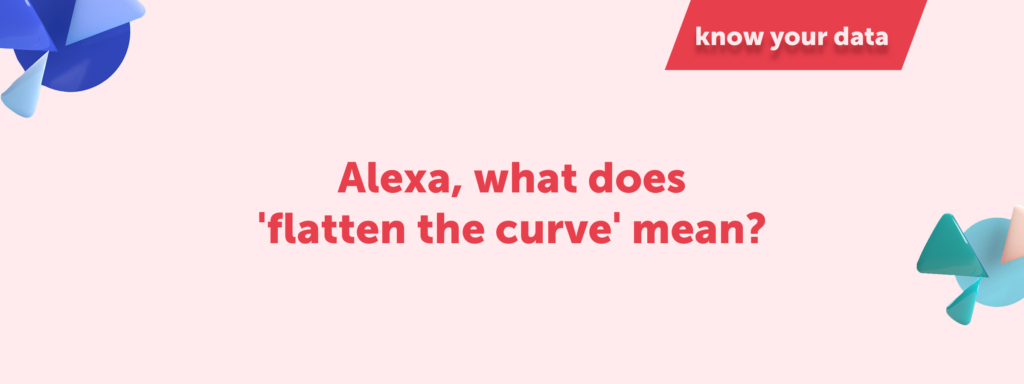
Have you been confused by the language you’re seeing in relation to COVID-19 data? We want to help you unpack the mathematical terms and data that surrounds us as the pandemic continues to disrupt life as we know it.
Have you been confused by the language you’re seeing in relation to COVID-19 data?
We recognize that right now, with COVID-19 and the ongoing global pandemic, we are being bombarded with more data than ever before, either in the media or across our social platforms – and we’re all having to try and work out what it means.
In addition to my role at Qlik, I am also the Learning Advisor to the Data Literacy Project. Therefore, it is my mission to help you better understand what the data is saying, ask the right questions of data and help to put everything into context.
So, over the next few weeks, I am going to be joined by a number of my fellow advisors from the Data Literacy Project to help to explain to you the statistical statements you’re coming across. Our role is not to update you on COVID-19 or to comment on any of the strategies that are being implemented around the world. Rather, in this series, we want to help you unpack the language used to describe charts, data and tables, and terms that you’re seeing everyday – so you can figure out what it means for you right now.
In our first episode, I am joined by Alan Schwarz, member of the Data Literacy Project Advisory Board and Pulitzer Prize-nominated writer, formerly at The New York Times. I speak with Alan about two crucial terms that are being discussed widely across the globe – “flattening the curve” and “exponential” – to help you all understand what they mean, in real terms, for you and everyone around you.
Over the next few weeks we’ll be covering a range of topics related to this subject – so if you want to know more, or want us to cover something you’ve seen, tell us via Twitter or Instagram and include #BeDataBrilliant in your social post. Alternatively, you can email us at [email protected].
In the meantime, please stay safe!